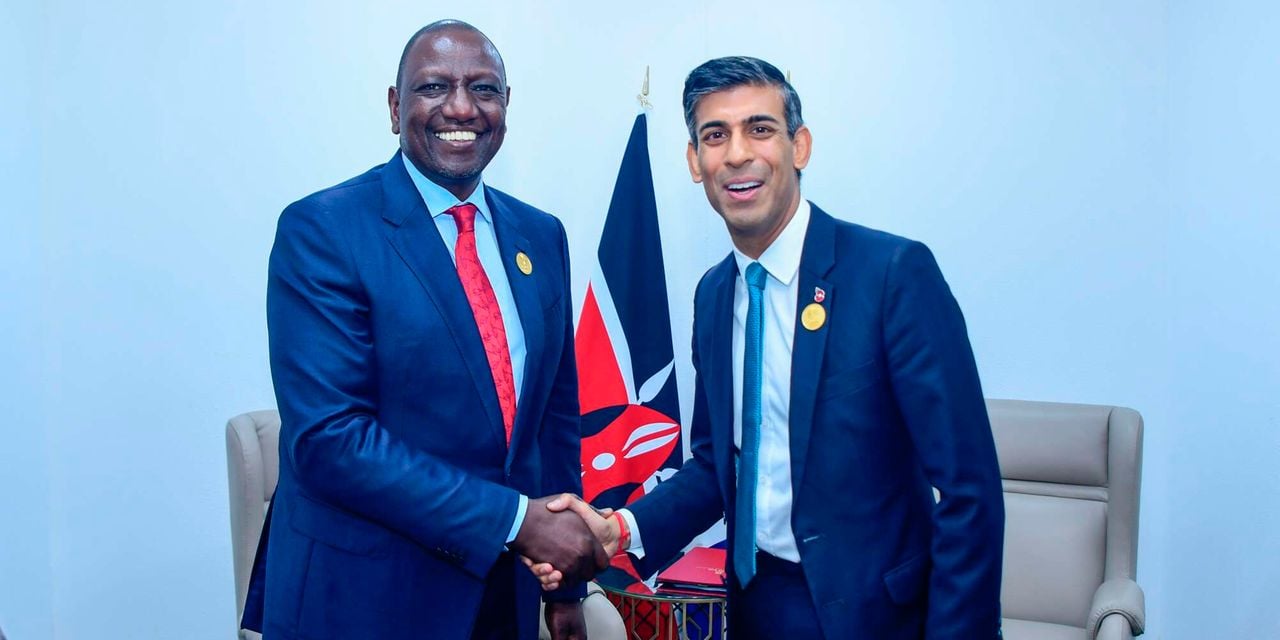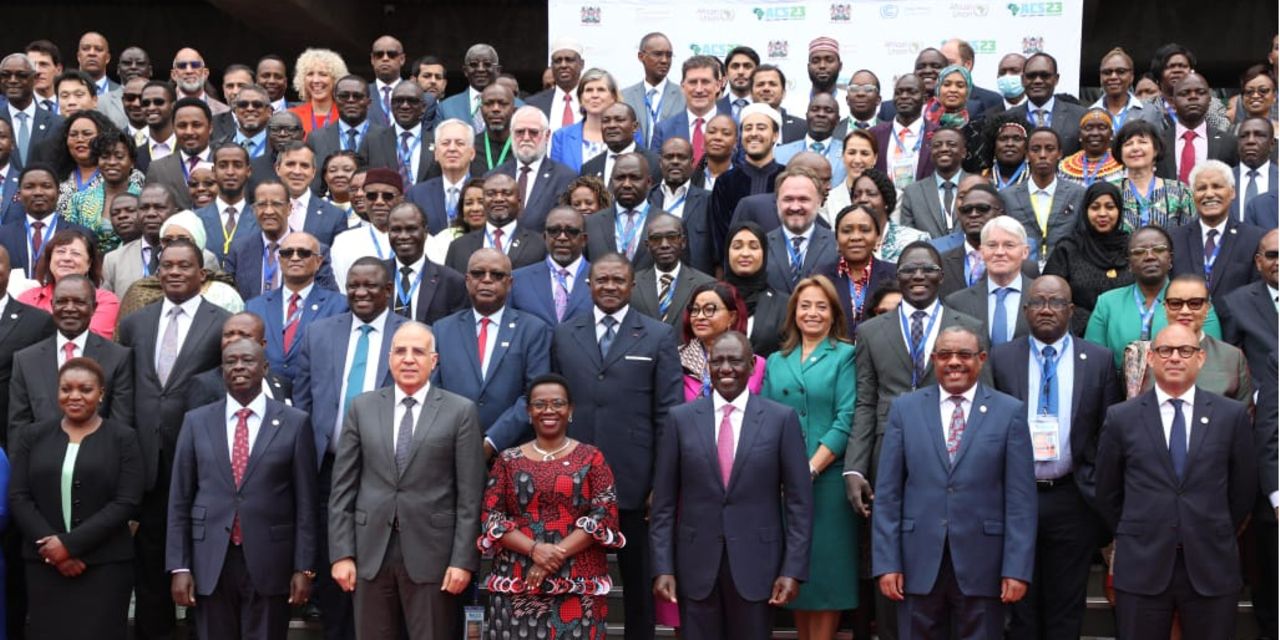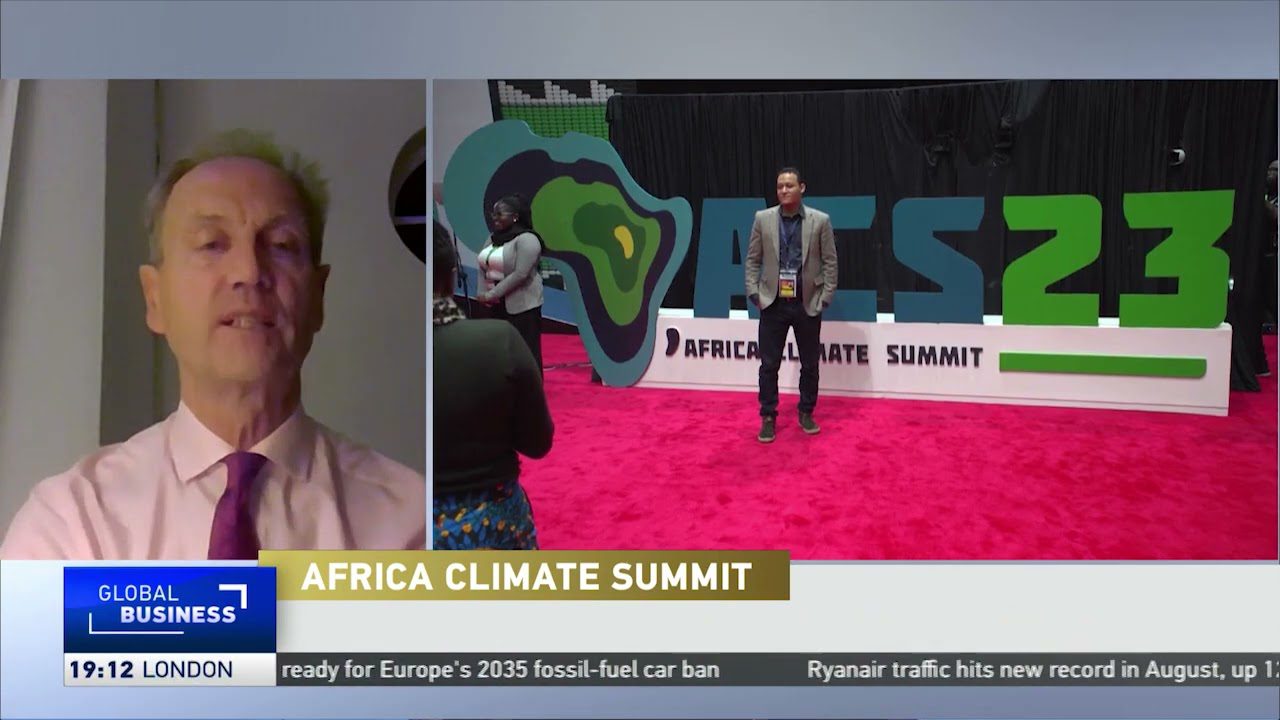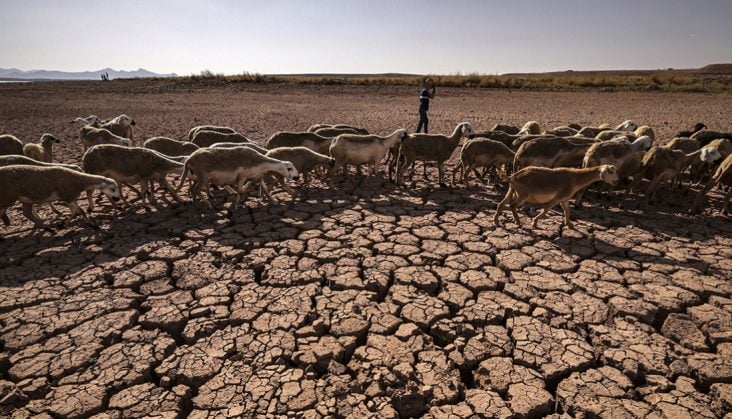As delegates gather in Nairobi for the Africa Climate Summit, it is a good time to reflect on the implications of a changing climate and ecology for Kenya’s economy.
Climate change poses an existential threat to all of us, and if neglected, its destruction will not exempt economic indices and value chains, particularly in Kenya.
But there’s another Kenyan story to tell – one of great opportunity – if we intervene to defend ourselves against the ravages.
Innovative climate finance strategies that deliver locally-led and domestically financed climate and economic resilience, as well as the mobilisation of green investment, can drive the country’s green transformation agenda and position Kenya to benefit from sustainable economic growth.
It is an unjust but nonetheless indisputable fact that, though Kenya contributes less than one percent of global greenhouse gas (GHG) emissions, she remains highly exposed to the impacts of climate change.
However, global efforts to reduce GHG emissions present accelerated productivity and inclusion opportunities if Kenya maintains a low-carbon development pathway.
Indeed, the country’s progress in meeting the Nationally Determined Contributions (NDC) commitments has the potential to accelerate sustainable economic growth.
The ongoing reconfiguration of global supply chains as well as the continued expansion of green opportunities like carbon markets, have the potential to deliver unparalleled development impact.
Climate-positive investments and policies will contribute to growth and catalyse green sectors – which in turn can reduce operating costs, increase private sector revenues, create green jobs, and generate social benefits.
It’s worth remembering that policy and legislative frameworks that enable access to these pool finances to support implementation already exist.
Crucial to consider also is the fact that, over the medium term, a low carbon economy would improve Kenya’s trade balance and support foreign exchange stability measures, as well as lessen the country’s destabilising exposure to fuel price shocks and supply chain disruptions.
Additionally, the operationalisation of policies and regulations that support positive and urgent climate action will help deliver the government’s commitment to prioritise the lives and livelihoods of Kenyans.
Through the National Treasury, and supported by development partners, a raft of measures including the Green Fiscal Incentives Policy Framework, which seeks to steer Kenya towards a low-carbon climate-resilient green economic development pathway through fiscal and economic mechanisms (incentives and disincentives), will enhance mobilisation of climate finance from various sources to finance the NDC and NCCAPs.
These measures will support the country’s environmental exposure, support national climate change goals, and promote clean energy investments, as well as catalyse development.
The Climate Policy Initiative estimates that it will cost Kenya Sh6.7 trillion (U$ 65 billion) between 2020-2030 to implement mitigation and adaptation actions and strategies.
Read original article














